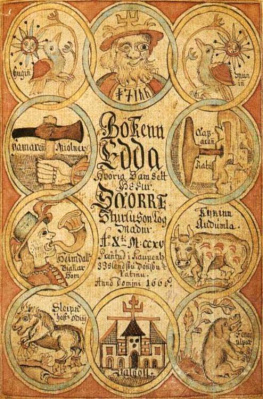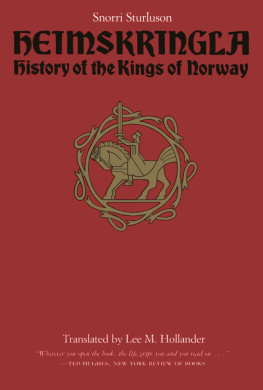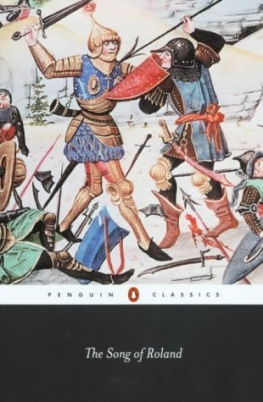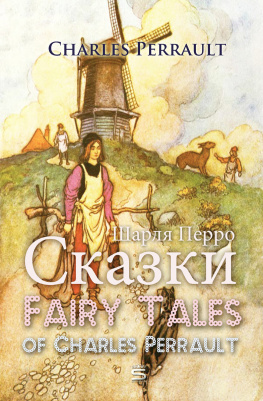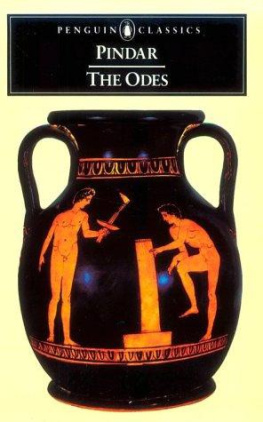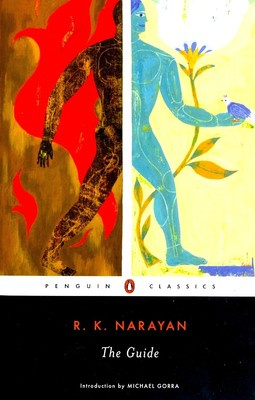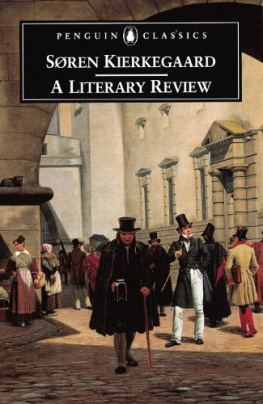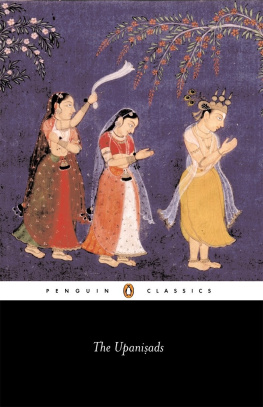
THE PROSE EDDA
SNORRI STURLUSON (11791241) was born in western Iceland, the son of an upstart Icelandic chieftain. In the early thirteenth century, Snorri rose to become Icelands richest and, for a time, its most powerful leader. Twice he was elected law-speaker at the Althing, Icelands national assembly, and twice he went abroad to visit Norwegian royalty. An ambitious and sometimes ruthless leader, Snorri was also a man of learning, with deep interests in the myth, poetry and history of the Viking Age. He has long been assumed to be the author of some of medieval Icelands greatest works, including the Prose Edda and Heimskringla, the latter a saga history of the kings of Norway.
JESSE BYOCK is Professor of Old Norse and Medieval Scandinavian Studies at the University of California, Los Angeles, and Professor at UCLAs Cotsen Institute of Archaeology. A specialist in North Atlantic and Viking Studies, he directs the Mosfell Archaeological Project in Iceland. Prof. Byock received his Ph.D. from Harvard University after studying in Iceland, Sweden and France. His books and translations include Viking Age Iceland, Medieval Iceland: Society, Sagas, and Power, Feud in the Icelandic Saga, The Saga of King Hrolf Kraki and The Saga of the Volsungs: The Norse Epic of Sigurd the Dragon Slayer.
SNORRI STURLUSON
The Prose Edda
Norse Mythology
Translated with an Introduction and Notes by
JESSE L. BYOCK
PENGUIN BOOKS
PENGUIN CLASSICS
Published by the Penguin Group
Penguin Books Ltd, 80 Strand, London WC2R 0RL, England
Penguin Group (USA) Inc., 375 Hudson Street, New York, New York 10014, USA
Penguin Group (Canada), 10 Alcorn Avenue, Toronto, Ontario, Canada M4V 3B2
(a division of Pearson Penguin Canada Inc.)
Penguin Ireland, 25 St Stephens Green, Dublin 2, Ireland
(a division of Penguin Books Ltd)
Penguin Group (Australia), 250 Camberwell Road,
Camberwell, Victoria 3124, Australia (a division of Pearson Australia Group Pty Ltd)
Penguin Books India Pvt Ltd, 11 Community Centre,
Panchsheel Park, New Delhi 110 017, India
Penguin Group (NZ), cnr Airborne and Rosedale Roads, Albany,
Auckland 1310, New Zealand (a division of Pearson New Zealand Ltd)
Penguin Books (South Africa) (Pty) Ltd, 24 Sturdee Avenue,
Rosebank 2196, South Africa
Penguin Books Ltd, Registered Offices: 80 Strand, London WC2R 0RL, England
www.penguin.com
First published in Penguin Classics 2005
1
Copyright Jesse Byock, 2005
All rights reserved
The moral right of the translator has been asserted
Except in the United States of America, this book is sold subject
to the condition that it shall not, by way of trade or otherwise, be lent,
re-sold, hired out, or otherwise circulated without the publishers
prior consent in any form of binding or cover other than that in
which it is published and without a similar condition including this
condition being imposed on the subsequent purchaser
Contents
Acknowledgements
First, I want to thank Russell Poole, who translated the section Poetic References from Skaldskaparmal. His knowledge of kennings and poetic language was an important contribution to this volume. Much of this translation was done in Iceland where Kristjn Jhann Jnsson, Eysteinn Bjrnsson, Aalsteinn Davsson, Ingunn sdsardttir, Gsli Sigursson, Peter Foote and Paul Taylor generously read parts of the manuscript and made many comments. Vsteinn lason also graciously offered his time and the resources of the rni Magnsson Manuscript Institute. Robert Guillemette turned his artistry to the World Tree. Efrain Kristal, the authority on Jorges Luis Borges who translated the Edda into Spanish, offered many valuable insights. My editor at Penguin Classics, Laura Barber, deserves credit for making this book more succinct. I am fortunate for the assistance of my talented students at the University of California, Brian OCamb, David Lassen and Natalie Operstein. I greatly appreciated the support of the UCLA Center for Medieval and Renaissance Studies and especially thank Deborah Kennel and Karen Burgess. The Fulbright Commission, The John Simon Guggenheim Memorial Foundation, the National Endowment for the Humanities and the UCLA Academic Senate all helped bring this project to fruition.
I wish to dedicate this volume to Franz Buml, Albert Lord,
Richard Tomasson and Eugen Weber, teachers
from whom I learned.
Introduction
The Prose Edda is Scandinavias best-known work of literature and the most extensive source for Norse mythology. In straight-forward prose interspersed with ancient verse, the Edda recounts the Norse creation epic and the subsequent struggles of the gods, giants, dwarves and elves in that universe. Woven throughout is the gods tragic realization that the future holds one final cataclysmic battle, Ragnarok, when the world will be destroyed. The Edda also tells heroic stories about legendary warriors and their kin, stories which incorporate shards of ancient memory. The powerful supernatural tales and heroic lore captured in the Edda have influenced modern culture, inspiring most notably Richard Wagners Ring cycle and J. R. R. Tolkiens The Lord of the Rings. The Edda also influenced poets W. H. Auden and Henry Wadsworth Longfellow, the fabulist Jorge Luis Borges, and a host of writers and artists in other genres, including fantasy, comic books and film.
Over the centuries the Prose Edda has been known as the Younger Edda, Snorris Edda, and simply the Edda. Many of the stories contained in the Prose Edda have counterparts in ancient verse known as eddic poetry anonymous poems collected and written down in a separate work called the Poetic Edda around the same time that the Prose Edda was compiled in the thirteenth century. In many instances the Prose Edda incorporates stanzas of eddic poems directly into its prose, citing these verses as sources.
The Prose Edda also adopts stanzas and references from another group of poems, called skaldic poetry. The two forms of poetry, eddic and skaldic, are closely related, and most skalds, as Old Norse poets were called, could work in either form. The major differences between the two are that skaldic poetry employs more intricate word choices and metres than does eddic poetry, and that skaldic poems, unlike eddic poems, are frequently attributed to individual skalds who composed them.
Both the Eddas poetry and prose were written in Iceland during the thirteenth century, and they are based in large part on the oral tradition that stemmed from the earlier Viking Age. This era, from roughly 800 to 1100, was a time when Scandinavian seafarers explored, raided and settled distant lands, including the previously uninhabited Iceland. Old Norse was the language spoken throughout Scandinavia during the Viking period, and the two Eddas were written in Old Icelandic, a branch of Old Norse that had changed little from the time Iceland was settled in the late 800s. The Eddas, like Icelands sagas, were written in the native language and they were meant to be read aloud, enabling a single manuscript to speak to many, literate and non-literate alike. The content of the Eddas did not go through an intermediate stage of being written and transmitted in Latin, the language of the Church, as did most other non-Icelandic writings from the Middle Ages that give information about Norse myth and legend. For example, the Prose Edda differs from the
Next page

